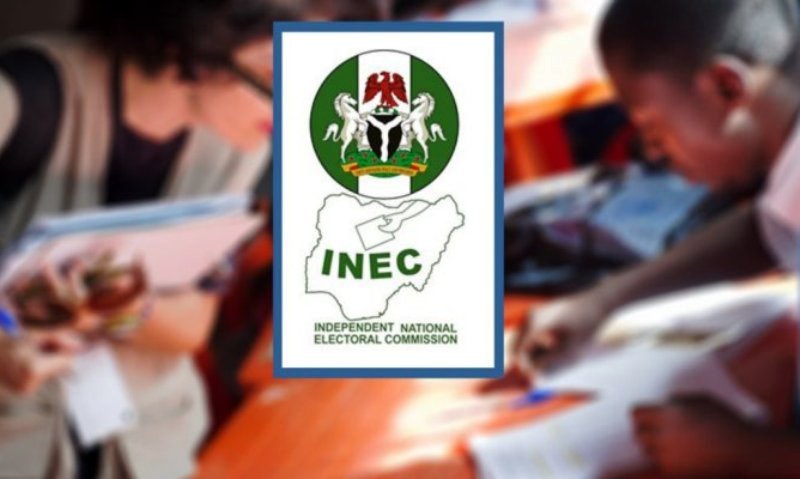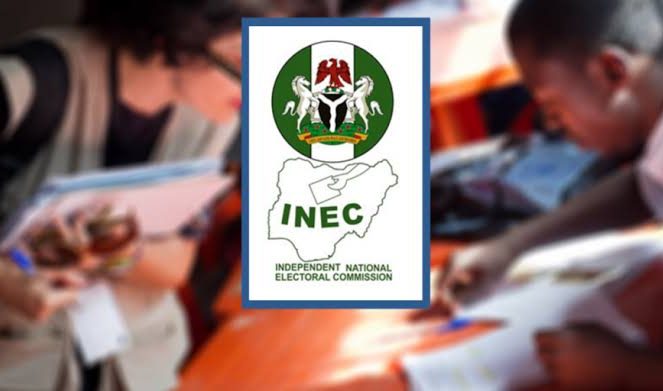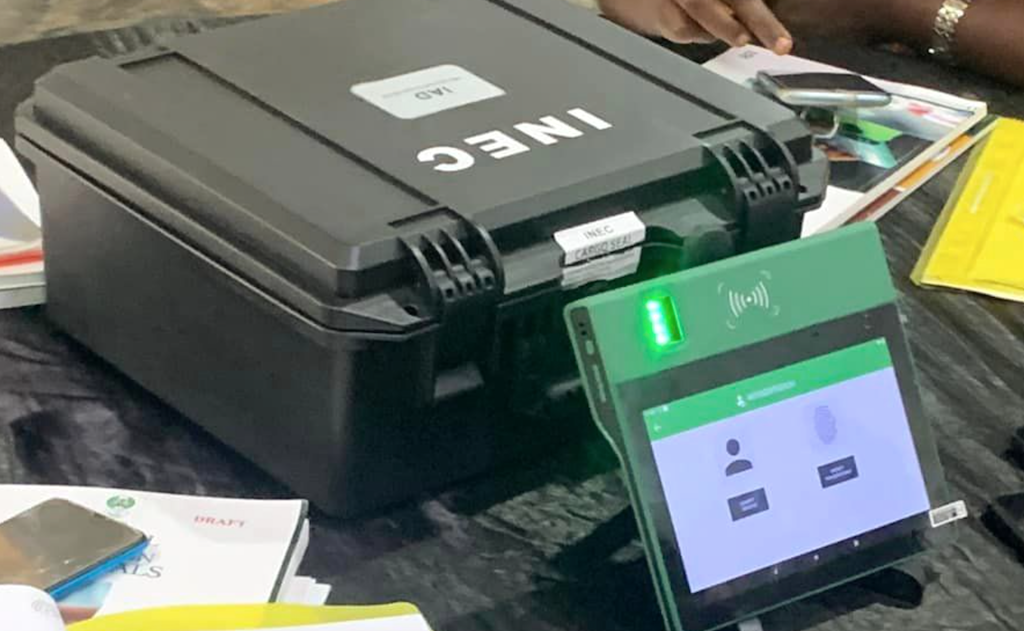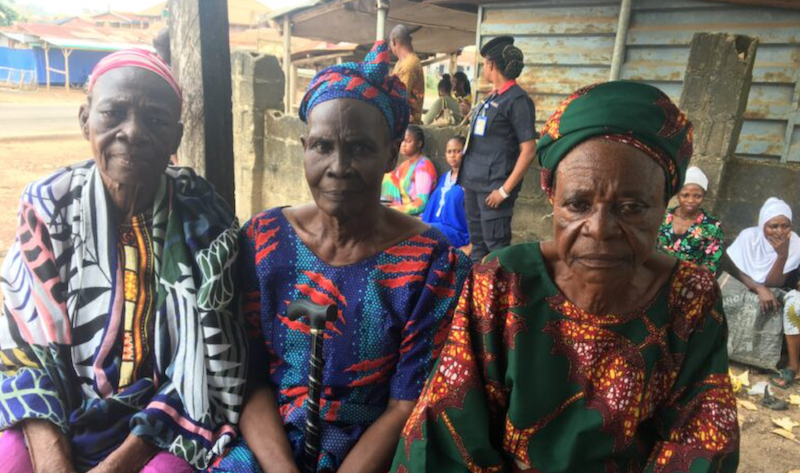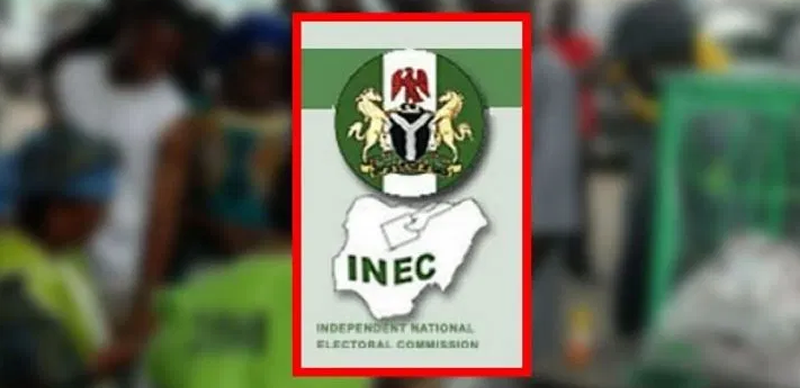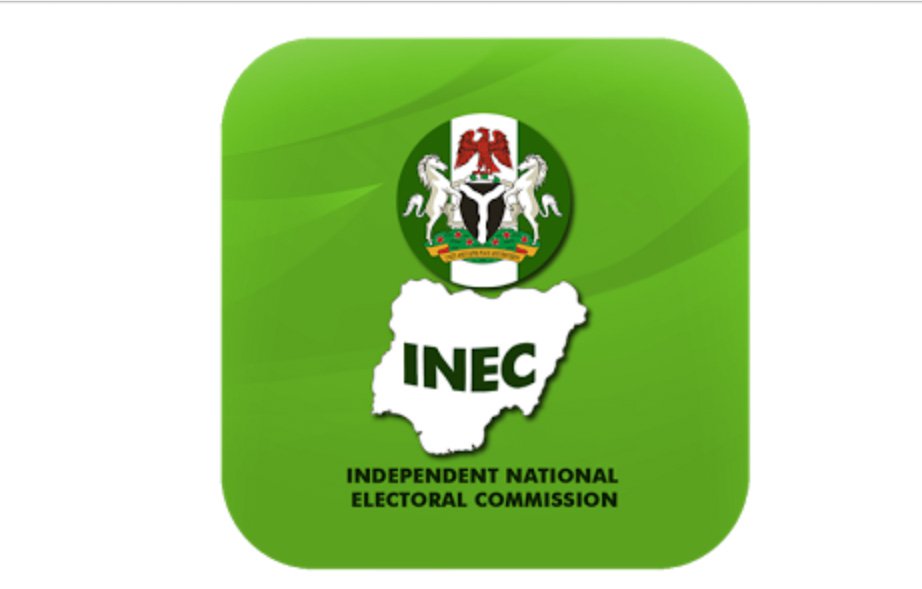The Independent National Electoral Commission (INEC) has reiterated its position that the electoral laws in Nigeria do not say that the credibility of an election depends on the upload of results sheet to the INEC Result Viewing (IReV) portal.
The Chief Press Secretary to INEC Chairman, Mr Rotimi Oyekanmi, maintained this position in Abuja on Friday while presenting a paper titled: “Role of Media and INEC Social Media Platforms in Democratic Elections”.
Oyekanmi in his presentation advised Nigerians to understand INEC and the election result management process, especially how the Bimodal Voter Accreditation System (BVAS) and INEC Result Viewing (IReV) portal work.
He recalled how some INEC members of staff were detained and beaten during the 2023 general elections because BVAS could not transmit election results to IREV due to network challenges.
“The truth of the matter is that our laws do not say that the credibility of an election depends on the upload of results sheet to that portal.
“The fact is that network issues can happen because the entire country is not covered 100 per cent. So, if you don’t have network in a particular area, INEC has made provision for offline upload of results.
“So, even if the presiding officer sends and it doesn’t go, it goes offline. When he moves from that polling unit, before it gets to the collation centre, anywhere the network hits that device, it will send it.
“But many Nigerians do not know. Today, the inability of the BVAS to upload is akin to breaking the election,” he said.
Oyekanmi said journalists covering elections should be responsible for the promotion of credible elections and fostering the nation’s peace and unity by adhering to the code of conduct guiding elections reportage.
He advised journalists to be sensitive to the implications of their reports on elections. According to him, when journalists fail to be sensitive to the implications of their reports, it could cause a breach of peace.
“This will put the lives of their colleagues, electoral officers, and other citizens in danger. We need peace and stability for the election to take place at the time that we want it to take place. We also need peace and stability for us to collate the results and announce the overall results.
“The media also has the responsibility to counter misinformation and fake news. This is very important. There are so many organisations now, thankfully, into fact-checking. I think, as journalists, we also have the responsibility of devising our means of fact-checking what people say to us,” Oyekanmi said.
He urged journalists to equip themselves with the Electoral Act 2022, the INEC Regulations and Guidelines, as well as the aspects of the 1999 Constitution relating to INEC and elections. Oyekanmi advised Nigerians and the media to follow the commission on its various social media platforms to access quality service.
“INEC will continue to take advantage of social media platforms to proactively disseminate information about electoral activities, plans, and policies. The commission will use the platforms to engage more with stakeholders and citizens moving forward. The fight against fake news, misinformation, and disinformation will be intensified,” he said.
Meanwhile, Mr Sam Olumekun, INEC National Commission and Chairman, Information and Voter Education Committee (IVEC), urged the media and the public to verify information related to the Edo governorship election directly with the commission before publishing the same.
According to Olumekun, represented by the Director of Voter Education, Mrs Mary Nkem, the doors of the commission are open for enquiries amidst other multiple channels to secure accurate information.
Olumekun says fake and misleading news, made easy by the advent of the digital age, poses so many dangers, especially during an election period.
“Such information has the potential to disrupt the electoral process, undermine public confidence, and incite unnecessary tensions. The commission has taken proactive steps to combat this menace, part of which is to be open and transparent in all its dealings.
“We have made it a culture to constantly update the public through you after every commission’s meeting when decisions are taken. We will intensify the information flow as we move closer to the Edo governorship election.
“Measures have been put in place to minimise the circulation of false information. However, we cannot do this alone. We believe that you will remain a bulwark against fake and misleading information about the commission and the electoral process,” he said.
Concerning media accreditation for the election, Olumekun said 122 organisations had applied for a total of 892 personnel.
